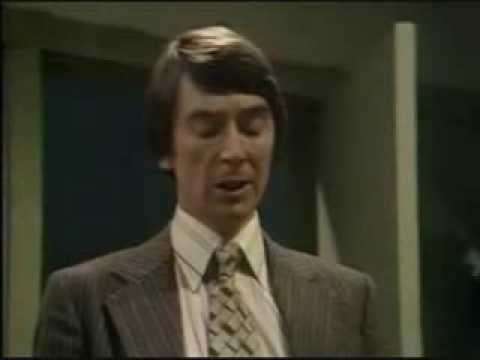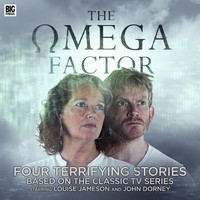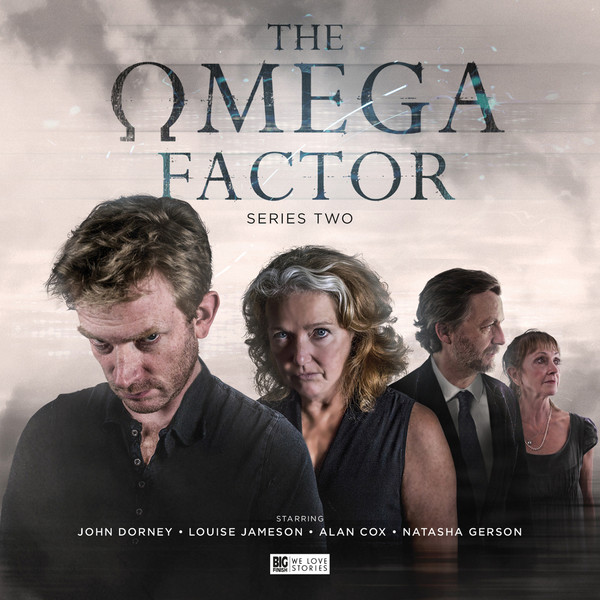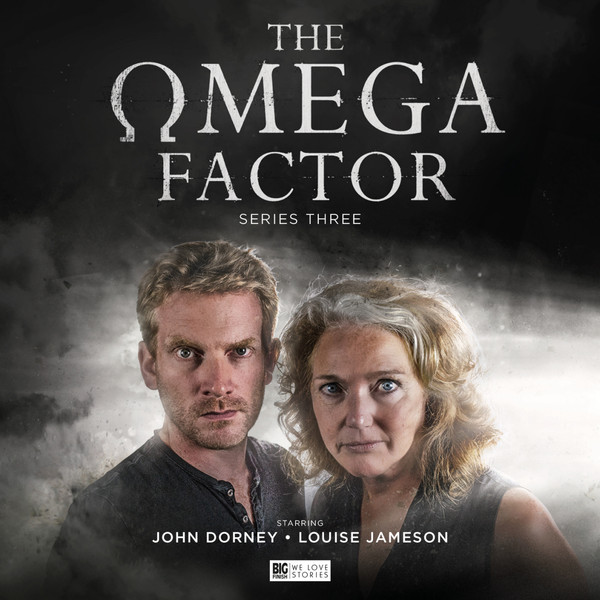In the 1970s, Mary Whitehouse fronted a highly active and vocal lobby group called the National Viewers and Listeners Association (NVLA). The organisation will be familiar to fans of a certain Timelord because she was integral in its cancellation. The group, although much-mocked for its public complaining about sex, violence and blasphemy on television at the time, held significant clout in eyes of TV executives.
Whitehouse was quick to express her outrage at
Powers Of Darkness, and she protested to the BBC that the episode breached their content guidelines. She branded it “thoroughly evil” because it portrayed hypnosis, the supernatural and a man burning to death in graphic detail for the time.
At the time, Whitehouse’s moralising was a right of passage in producing what might be considered challenging television, but for once she got it pretty on the jaw. The BBC openly acknowledged that the episode breached their guidelines for content for what was acceptable to show before the nine pm watershed. Producer George Gallaccio was reprimanded and not only did the series not get commissioned for a second season, but it was also never repeated on British television, never released on VHS and just resurfaced on DVD in 2006.
The worst of it is,
The Omega Factor doesn’t even hold notoriety as the go-to place for some seriously retro science-fiction. It very much disappeared and unfairly cast by the wayside in the story of science-fiction and fantasy on television. In many ways, it’s the grandfather to shows and formulas which now taken for granted. Its closest living descendant today would be
The X-Files, but even a connecting line can be drawn to the retro homage of
Stranger Things.
Although
Stranger Things creators the Duffer brothers have acknowledged the debt and influence they owe to the likes of Steven Spielberg, John Carpenter, and Stephen King, one has to wonder if they ever came across
The Omega Factor. A secret organisation, gifted individuals, and a small town feel about it that just happens to be terrifying all sound very familiar. In the case of a retro show, it’s the chicken and the egg, but the parallels are striking.
If it’s too bold, however, to claim that
The Omega Factor was the first to mainstream the detective, paranormal formula then it’s irrefutable that its zany psychic niche, mad science and shady government departments laid a seminal marker for the decades to come. Indeed, in the realms of the BBC, it was a lightbulb moment for gambles they were to take later on:
Crime Traveller,
Bugs and even
Torchwood indulge the science/fantasy/detective mesh with a healthy dose of bureaucratic meddling.
We tend to ignore now that budget constraints necessitated smaller storytelling but, with that opportunity came the chance to focus on character and plots in a more nuanced plot form. In many ways,
The Omega Factor predicted the 90s and the rise of episodic, occasionally serialised, science-fiction formats like
The X-Files or
Star Trek. Looking back on it now, however, is like revisiting the original
Doctor Who: it won’t long survive the attention span of audiences expecting the fast-paced, high-octane thrillers that are churned out on a weekly basis.
Has it aged well? In truth, everything from the 70s has a rustic low-production charm. Unlike most BBC programmes of the day, the series was mostly shot entirely on videotape (as opposed to the then-common practice of using film for exteriors). Rewatching the series and it’s still an enjoyable deluge of late-70s weirdness made all the better by its Edinburgh setting (the real-life home of horror and ghostly mystery couldn’t have been a better choice). For the pleasure of seeing Edinburgh used to such aplomb is compelling enough viewing, and it’s well worth playing spot the location with Google to hand.
The Omega Factor isn’t the easiest watch, but given the show’s relatively short length it does an excellent job of showcasing the merits of ‘the cheaper the budget, the scarier the idea’ model of the BBC in the 70s.













